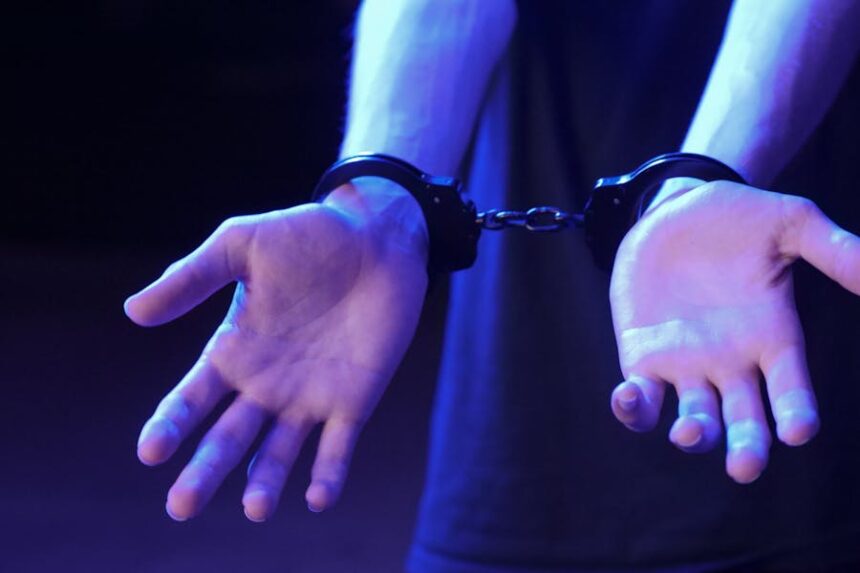When someone is accused of committing a crime, the charge they face can vary significantly depending on several factors. One of the more complex situations in the criminal justice system involves what are known as “wobblers.”
Understanding the factors that determine whether a wobbler is charged as a felony is crucial for anyone facing such a charge. In this blog, we will explore the key elements that influence this decision.
What is a Wobbler?
Before diving into the factors, let’s clarify what a wobbler is. A wobbler is a criminal offense that has the potential to be charged as either a misdemeanor or a felony. The distinction between these charges can make a significant difference in the penalties faced. Misdemeanors often result in lighter punishments like fines or short jail sentences, while felonies carry much more serious consequences, including long prison sentences and a permanent criminal record. Common wobbler offenses include driving under the influence and burglary.
Now, let’s look at the factors that determine whether a wobbler is charged as a felony.
-
The Severity of the Crime
One of the most important factors in determining whether a wobbler is charged as a felony is the severity of the crime itself. For example, certain actions may be considered more harmful or dangerous, which could lead prosecutors to pursue felony charges. If the alleged crime caused significant harm or damage—such as bodily injury or a large financial loss—prosecutors may lean toward charging it as a felony.
-
The Defendant’s Criminal History
A defendant’s criminal history can play a big role in how a wobbler is charged. Individuals with prior felony convictions or a history of serious criminal behavior may face more severe charges, even for crimes that would normally be considered misdemeanors. Prosecutors may argue that someone with a history of violent or repeat offenses should face harsher penalties, and this can result in the wobbler being charged as a felony.
-
The Defendant’s Intent
In some cases, the intent behind the crime can influence how a wobbler is charged. If the crime was committed with malicious or deliberate intent, it may be more likely to be treated as a felony. Prosecutors will look at whether the defendant had a clear plan or whether they acted out of anger, greed, or another harmful motivation.
-
The Impact on Victims
The effect of the crime on the victims is another important factor in determining how a wobbler will be charged. If the crime caused significant trauma or injury to the victim, or if it involved multiple victims, it’s more likely that the charge will be upgraded to a felony. Victims’ statements, medical reports, or even psychological harm are all considered when evaluating the impact of the crime.
-
Prosecutorial Discretion
Ultimately, the decision of whether a wobbler is charged as a felony or a misdemeanor often lies in the hands of the prosecutor. Prosecutors have discretion over how to charge a case based on the facts at hand, the defendant’s background, and their own assessment of how they believe the case should proceed. In some situations, the prosecutor may offer a plea deal where the defendant can plead guilty to a lesser offense, potentially avoiding felony charges.
Final Thoughts
If you or someone you know is facing a wobbler charge, it’s important to understand that the outcome is not always certain. Every case is unique, and many factors can influence whether the charge will be treated as a felony.
Working with a skilled criminal defense attorney can make a big difference in how your case is handled. They can help you understand your options, protect your rights, and potentially reduce the charges against you. Stay informed and take proactive steps to protect your future.




